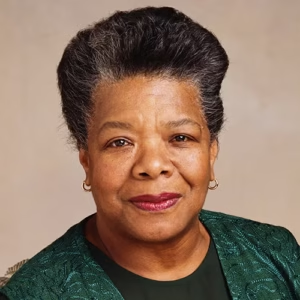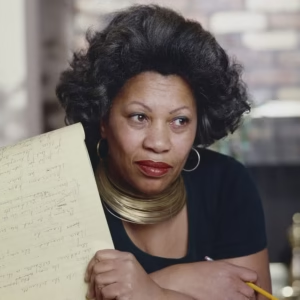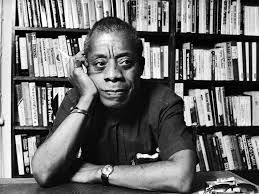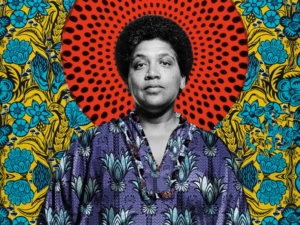10 Black Writers Who Have Reshaped Our Story
Black writers have never just been storytellers, they have been truth-tellers, historians, and visionaries. Through their words, they have captured the struggles, joys, and resilience of Black life.
Their books have given a voice to the unheard, exposed injustice, and celebrated identity. Some wrote to challenge racism, others to preserve culture, and many to inspire change.
From the poetic rhythms of Langston Hughes to the fearless narratives of Toni Morrison, these authors have left a mark that goes beyond literature. Their works continue to shape conversations, influence movements, and redefine history itself.
Whether through fiction, poetry, or essays, they have proven that words have power, the power to challenge, to heal, and to transform society. Here are some Black writers whose impact continues to shape the world.
Chinua Achebe

Before Chinua Achebe, most books about Africa were written by outsiders. Then came Things Fall Apart, a novel that put Igbo culture and colonialism into focus. Achebe’s storytelling was unapologetically African, proving to the world that African literature was powerful and necessary.
Chimamanda Ngozi Adichie

Chimamanda Ngozi Adichie speaks to a new generation. Half of a Yellow Sun brought Nigeria’s Biafra War to life, while Americanah tackled race, identity, and immigration. She is not just a writer—she is a global voice for feminism and African identity.Zora Neale Hurston – Capturing Black Joy and Struggles
Zora Neale Hurston

As a powerhouse of the Harlem Renaissance, and her novel Their Eyes Were Watching God is still celebrated today. She wrote about love, freedom, and the complexity of being a Black woman in the South. Her work preserved Black folklore, making sure the stories of the past would not be forgotten.
Maya Angelou

Maya Angelou’s I Know Why the Caged Bird Sings was groundbreaking. She wrote about trauma, racism, and resilience with unmatched honesty. Her poetry and activism made her a global icon, reminding the world that words can heal and inspire.
Toni Morrison

Toni Morrison didn’t just tell stories—she created worlds where Black women were at the center. In Beloved, she exposed the pain of slavery through a deeply personal lens. The Bluest Eye tackled self-worth and beauty standards. Morrison’s writing made sure that Black womanhood was seen, heard, and respected.
Richard Wright

Richard Wright did not sugarcoat reality. His books Native Son and Black Boy exposed the raw brutality of racism in America. His writing made readers uncomfortable—and that was exactly the point. He forced the world to see the truth.
James Baldwin

Baldwin wrote with fire. His essays and novels, including The Fire Next Time and Go Tell It on the Mountain, forced America to look at itself. He spoke on race, sexuality, and what it meant to be Black in a country built on inequality. His words are still quoted today because they still ring true.
Langston Hughes

Langston Hughes brought poetry to the people. His jazz-influenced rhythms and powerful messages in poems like The Negro Speaks of Rivers captured the beauty and struggle of Black life. His work celebrated everyday Black experiences and fueled the fight for equality.
Alex Haley

With Roots, Alex Haley changed how Black Americans viewed their ancestry. He traced his own family’s history from Africa to America, sparking a nationwide conversation about heritage. His storytelling brought history into homes in a way that had never been done before.
Audre Lorde

Audre Lorde was fearless. As a Black, queer feminist, she used poetry and essays to challenge racism, sexism, and homophobia. Books like Sister Outsider and The Black Unicorn were revolutionary, proving that literature could be a weapon for justice.



